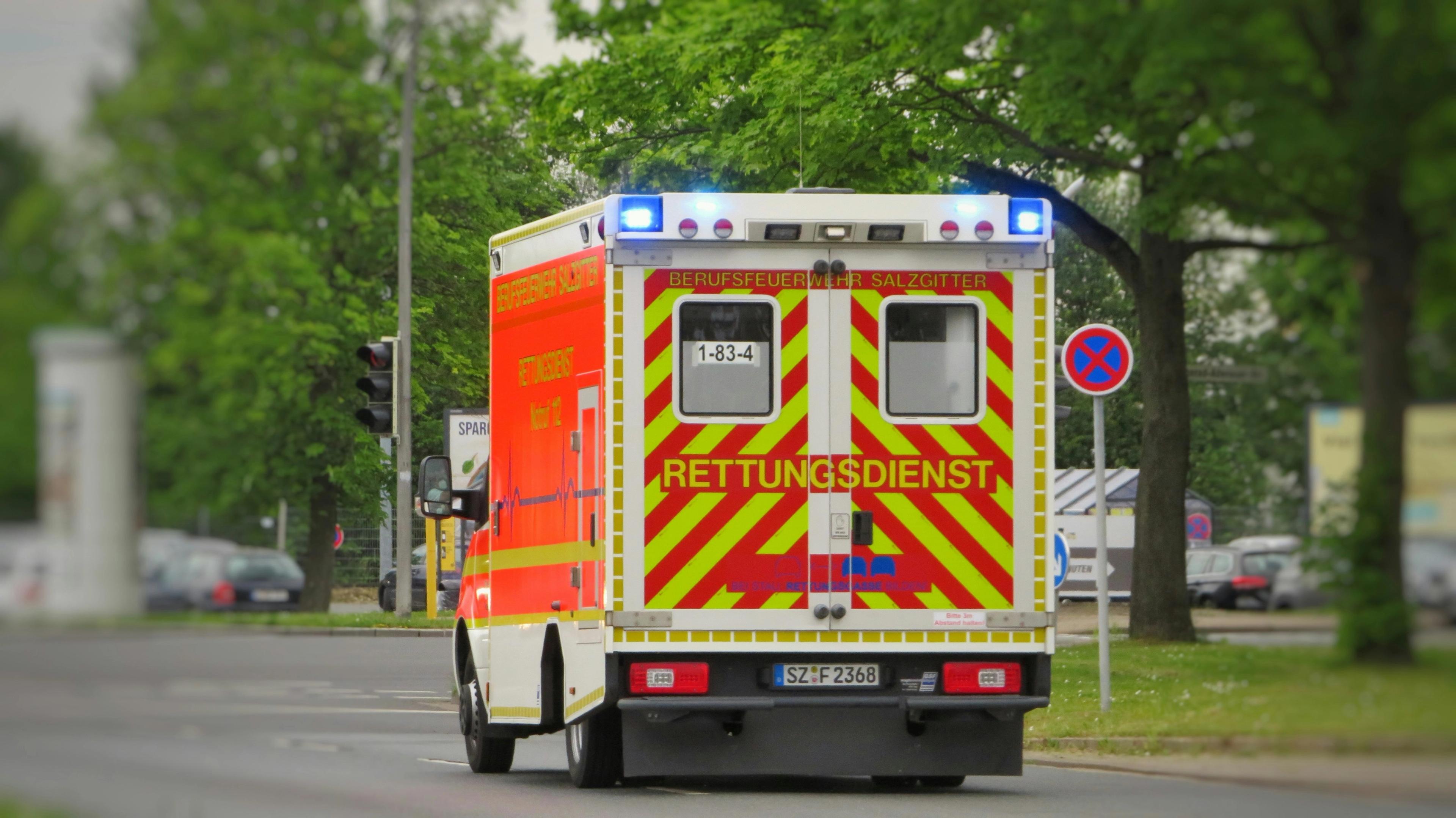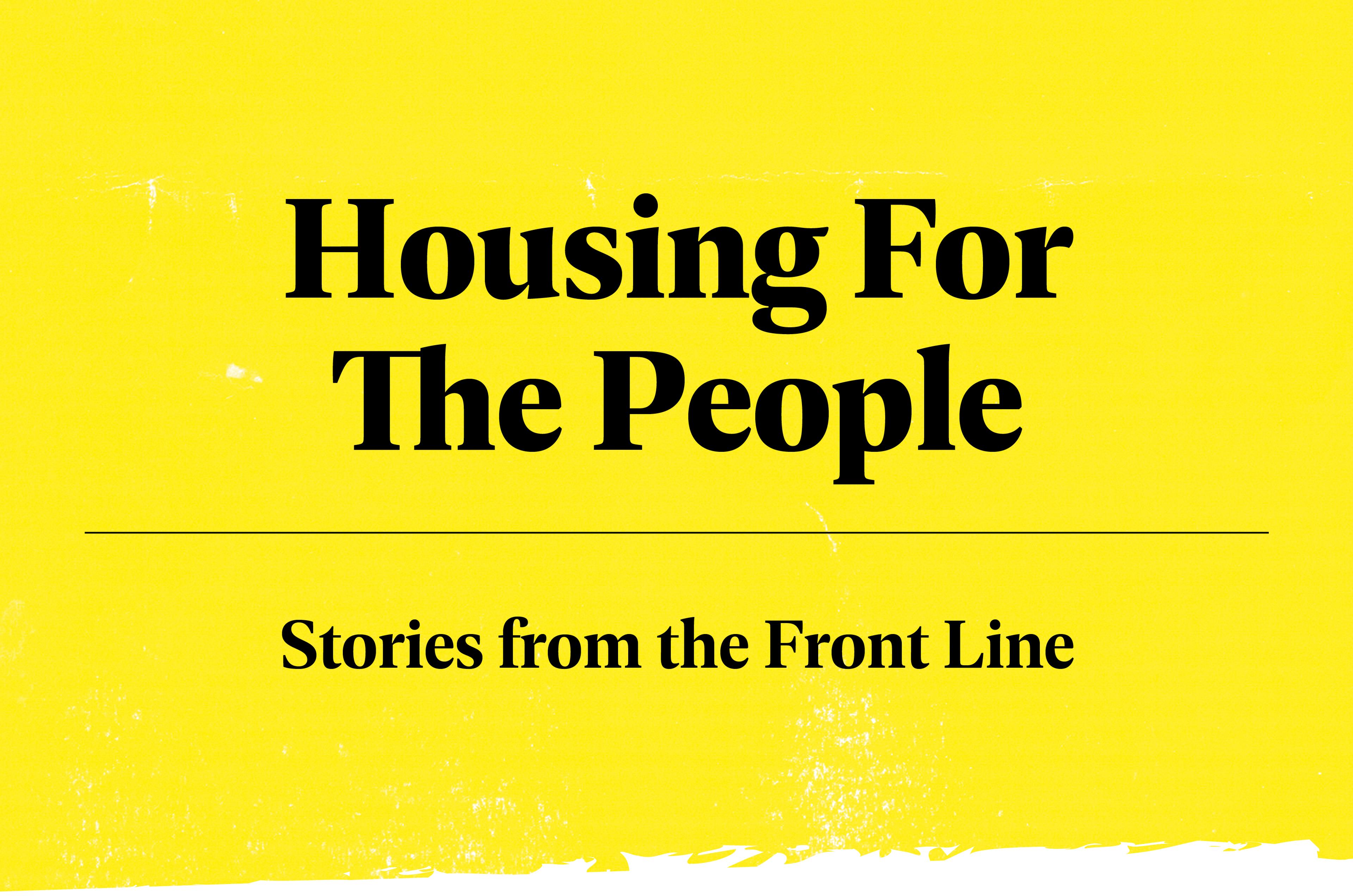More than medicine: poverty in the emergency room

Photo by Jonas Augustin
By Antje Weiss
Translated from German via Translators Without Borders
- Lived experience

“We’ve known a great many patients for a long time. They come back to us over and over again,” says Franca Fischer, 24, a nurse in the Central Emergency Room of the Diakonie Clinic in Stuttgart-West, Germany. Many people affected by poverty do not have health insurance—but they are still treated. People without shelter—most of whom are men—are usually taken to the emergency room by emergency services, very often in states of heavy intoxication.
“Addictions and their consequences are one of the main reasons why people experiencing homelessness come to us,” says Fischer. In addition, many suffer from poorly treated wounds or infectious diseases. According to Fischer, other serious chronic physical illnesses play a secondary role among homeless patients in emergency rooms; the opposite is true, however, for those in poverty with permanent accommodation.
More than two thirds of all people experiencing homelessness suffer from mental illnesses; emergency room staff therefore often see patients experiencing acute psychosis, depression or anxiety disorders. “These patients could often receive better care in acute psychiatry than in our emergency room,” says Fischer. “Nevertheless, we don’t reject them, but rather do everything possible to supply and stabilise them.”
Emergency room employees usually receive initial information about a patient’s state of health and overall situation from emergency services. They then try to make up their own mind through a comprehensive physical examination and a blood sample. That is not always possible: “The patients’ condition sometimes makes it impossible to understand medical measures,” reports Fischer.
It may also be that someone fights back or insults employees. “We all know that this is due to the patient’s acute condition and has nothing to do with them or with us,” says Fischer. In fact, people recognisably affected by poverty are rarely genuinely aggressive and violent in nature, as some people in emergency rooms can be.
Obvious injuries are then treated, acute medication is administered, and patients are often provided with food and fresh clothing. The Diakonie Clinic has a special clothing room where donated clothing is available for this purpose. “Then we’ll leave people alone,” says Fischer. If possible, patients are supervised using a monitor; some, however, also refuse.
For most people, it is important to be able to leave hospital again on their own, which is why venous access is not routinely established. “Patients are often simply gone after a few hours,” reports Fischer. “Many are not used to accepting help and find it difficult to do so.” She regrets that she does not have more opportunities to talk to patients. “Many don't like to talk about themselves either.”
Because time and attention are still very important, the nurses are supported by volunteers as sit-guards. Catholic and Protestant pastors and Muslim imams are also available to provide support. Fischer appreciates these offers, which reach beyond purely medical care, particularly at the Diakonie Clinic: “Behind this are human values, an approach towards patients. That is extremely important to me and it is one of the reasons why I want to work right here.”
In most cases, however, patients affected by homelessness spend far too short a time in hospital to come into contact with pastoral care or even social services. The clinic’s job is to ensure that patients are well cared for after their discharge from hospital; for example, securing a place in rehab. However, this rarely works when people leave the hospital directly from the emergency room, and there is no other intersection with social work.
Sometimes it bothers Fischer that she releases her patients into an uncertain future. “People, in particular, often don’t even have their belongings anymore when they are brought to us by emergency services. They only have what they wear on their bodies. We can give them fresh clothes or a blanket, but otherwise they can only hope that their sleeping bag and personal belongings will still be there when they leave the hospital.”
She repeatedly sees patients who are ill and poorly cared for, even though they obviously have the financial means to address this. Often, they need someone to take care of them. “Poverty doesn't necessarily have anything to do with money,” she says. “There is also the right to neglect in Germany. We cannot force anyone to do anything; self-determination is a very valuable asset.”
Fischer sees many patients again soon after they are discharge; people affected by poverty have few other options for receiving medical care. She is not frustrated by this: “We cannot solve many fundamental problems in the emergency room, and we cannot eliminate poverty and homelessness. But while patients are with us, we can do everything we can to improve their quality of life just a little bit.”

